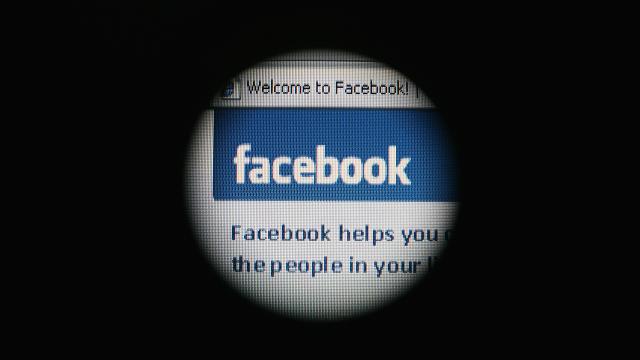In December, German lawmakers announced plans to introduce a bill that would fine Facebook 500,000 euros (or about $713,449) for not removing fake news posts within 24 hours. On Sunday, the Financial Times reported that the company will be testing its fake news filtering system in — you guessed it — Germany!
Facebook announced in December that it was building a way for users to report fake news on the site — now it seems the country will be one of the first places to try it out. In an email to Gizmodo, the company said it began testing a similar filter in the United States a month ago.
The company did not clarify whether it introduced these new features in reaction to the potential new German law, but the timing is definitely interesting. It also demonstrates the incredible power the government has to stop the spread of misinformation on social media. When we asked about the German law, a Facebook spokesperson told Gizmodo:
When we launched this in the US we said that we would expand the pilot into other countries over time. We’ve listened to our community and begun talks with other global partners, and the readiness of German partners allows us to begin testing in Germany. We expect to announce efforts in additional countries soon.
The Financial Times pointed out that German officials are also concerned about fake news potentially influencing the country’s election in October, after witnessing the disaster that occurred in the United States last year.
In the coming weeks, German Facebook lovers will get the opportunity to report any story they see in their news feed as fake. Facebook will then send that story to Correctiv, a German fact-checking non-profit organisation that adheres to Poynter’s International Fact Checking Code of Principles. If Correctiv discovers the story is indeed fake, it will get flagged and will no longer be prioritised in people’s feeds.
A Facebook spokesperson told Gizmodo that if Correctiv identifies stories as false, users will be given “a link to [a] corresponding article explaining why” the link is untrue. “Once a story is flagged, it can’t be made into an ad or promoted, either,” the spokesperson said.
In a blog post written in German, Facebook also said that it believes by adding additional context to stories deemed fake, people can decide for themselves what to believe and what information to share. It’s important to note that people will still be able to share these stories, they will just be accompanied by a warning. Considering “fake news” is now basically used as a pejorative to describe any news story someone doesn’t like, will this be effective?
“Our focus is on Germany right now but we’re certainly thinking through what countries will unveil next,” a Facebook spokesperson told the Financial Times.
Perhaps the company should refocus its efforts in the United States, considering on Friday, an untrue story about Flo Rida performing at Donald Trump’s inauguration trended.
The question once again arises, if Facebook is responsible for deciding whether the information posted on its site is true, is it a media company?
[H/T Financial Times]
